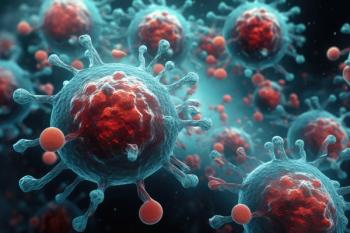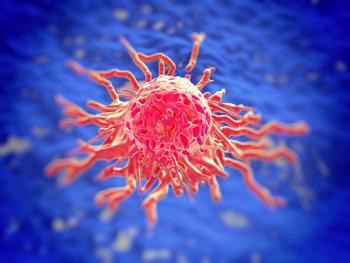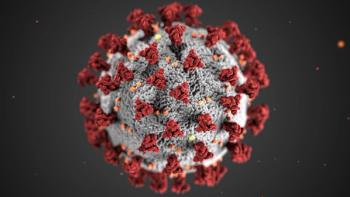
Leading multidisciplinary oncology professionals look back at how the COVID-19 pandemic changed cancer care.

Your AI-Trained Oncology Knowledge Connection!


Leading multidisciplinary oncology professionals look back at how the COVID-19 pandemic changed cancer care.

In patients with small cell lung cancer, Lambert-Eaton myasthenic syndrome leads to muscle weakness and can be discovered with no-cost testing such as anti-VGCC antibody testing.

Multidisciplinary approaches, RNA-based next-generation sequencing, and patient-specific front-line treatment decisions are all important for curating effective NSCLC treatments.

Epithelioid sarcoma is individualized based on disease characteristics, it's methods of treatment vary, and systemic treatment is both targeted medication and chemotherapy.

Several lymphoma experts discuss the current T-cell lymphoma landscape, the need for new therapies, and ongoing research in the space.

Axillary management of patients with breast cancer such as sentinel lymph node biopsy have evolved substantially over the past 30 years.

Julie M. Vose, MD, MBA, discusses some of the lasting effects that the COVID-19 pandemic has had on the current state of cancer care.

Adding panitumumab to sotorasib has yielded higher responses rates in KRAS G12C-mutated CRC compared with prior standards of care.

Micheal P. Bogenschutz, MD, discussed addressing unmet needs, implementation, and adverse effects related to psilocybin-assisted psychotherapy in cancer.